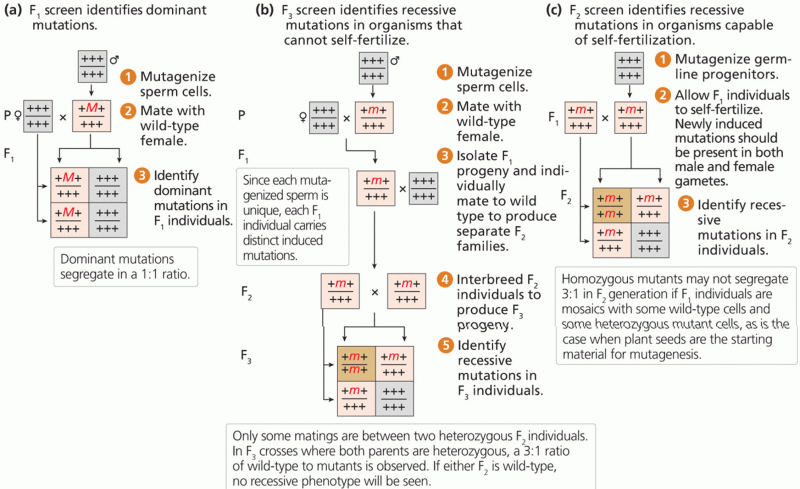Answer to Question 1
Answer: C
Explanation: A) Incorrect. Statement 1 is incorrect, while statements 2 and 3 are correct. Distributive strategies focus on dividing the pie, and integrative strategies focus on expanding the pie. Distributive strategies rely most often on the compromise approach and integrative strategies rely more heavily on the collaborating approach.
B) Incorrect. Statement 1 is incorrect, while statements 2 and 3 are correct. Distributive strategies focus on dividing the pie, and integrative strategies focus on expanding the pie. Distributive strategies rely most often on the compromise approach and integrative strategies rely more heavily on the collaborating approach.
C) Correct. Statement 1 is incorrect, while statements 2 and 3 are correct. Distributive strategies focus on dividing the pie, and integrative strategies focus on expanding the pie. Distributive strategies rely most often on the compromise approach and integrative strategies rely more heavily on the collaborating approach.
D) Incorrect. Statement 1 is incorrect, while statements 2 and 3 are correct. Distributive strategies focus on dividing the pie, and integrative strategies focus on expanding the pie. Distributive strategies rely most often on the compromise approach and integrative strategies rely more heavily on the collaborating approach.
E) Incorrect. Statement 1 is incorrect, while statements 2 and 3 are correct. Distributive strategies focus on dividing the pie, and integrative strategies focus on expanding the pie. Distributive strategies rely most often on the compromise approach and integrative strategies rely more heavily on the collaborating approach.
Answer to Question 2
Answer: C
Explanation: A) Incorrect. Distributive negotiations involve dividing up fixed resources, not expanding the pie. The opposite of this statement is correct.
B) Incorrect. Distributive negotiations might involve dividing resources fairly, but integrative negotiations actually do involve consulting all parties' personal needs.
C) Correct. Distributive strategies are those that seek to find a fair balance among fixed resources or opportunities. Consequently, compromise is the likely outcome of a distributive strategy. Integrative negotiations, on the other hand, seek win-win solutions that might actually expand the pool of available resources and opportunities.
D) Incorrect. Distributive strategies are most consistent with compromising, while integrative strategies are most consistent with collaborating.







